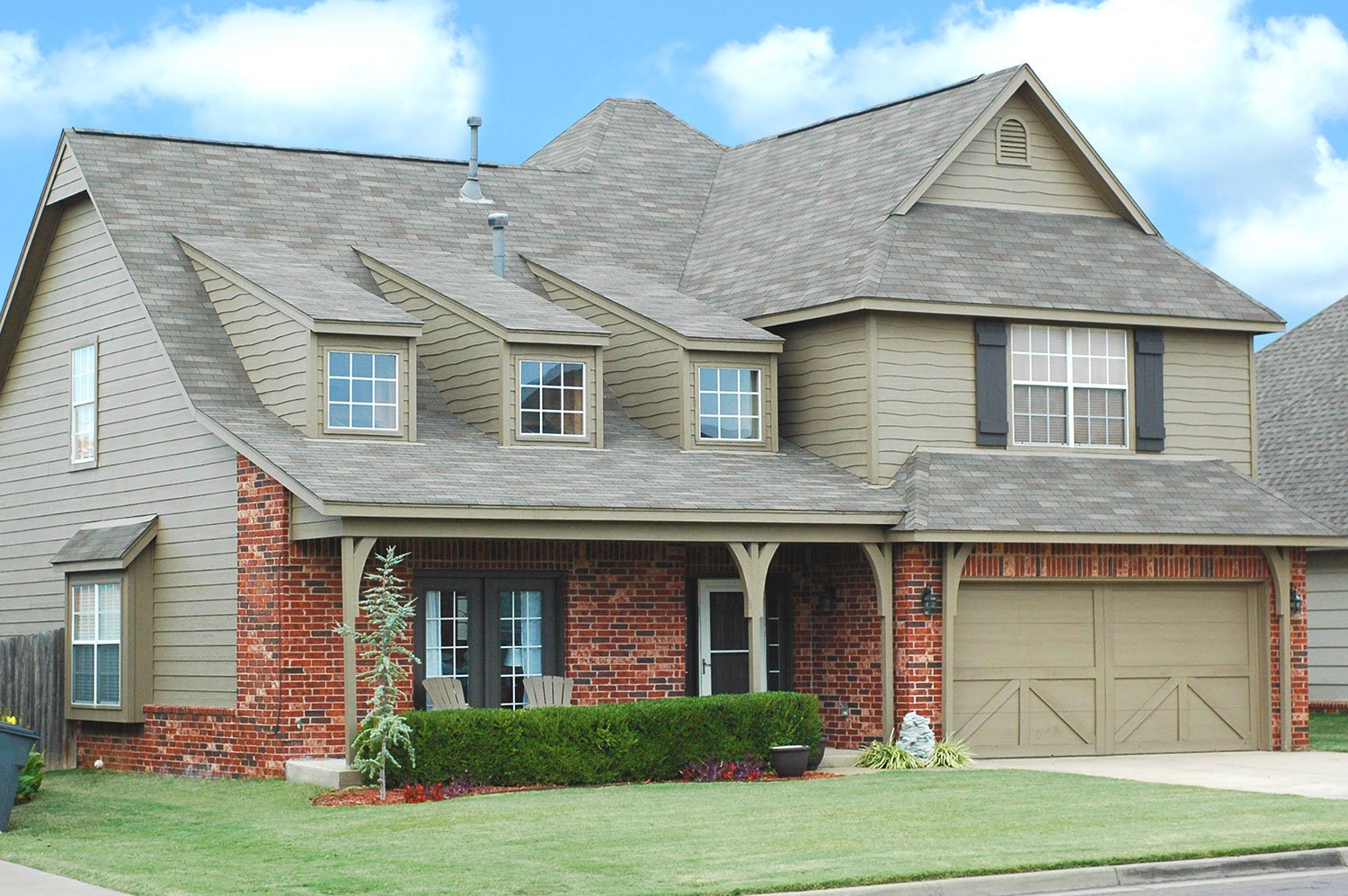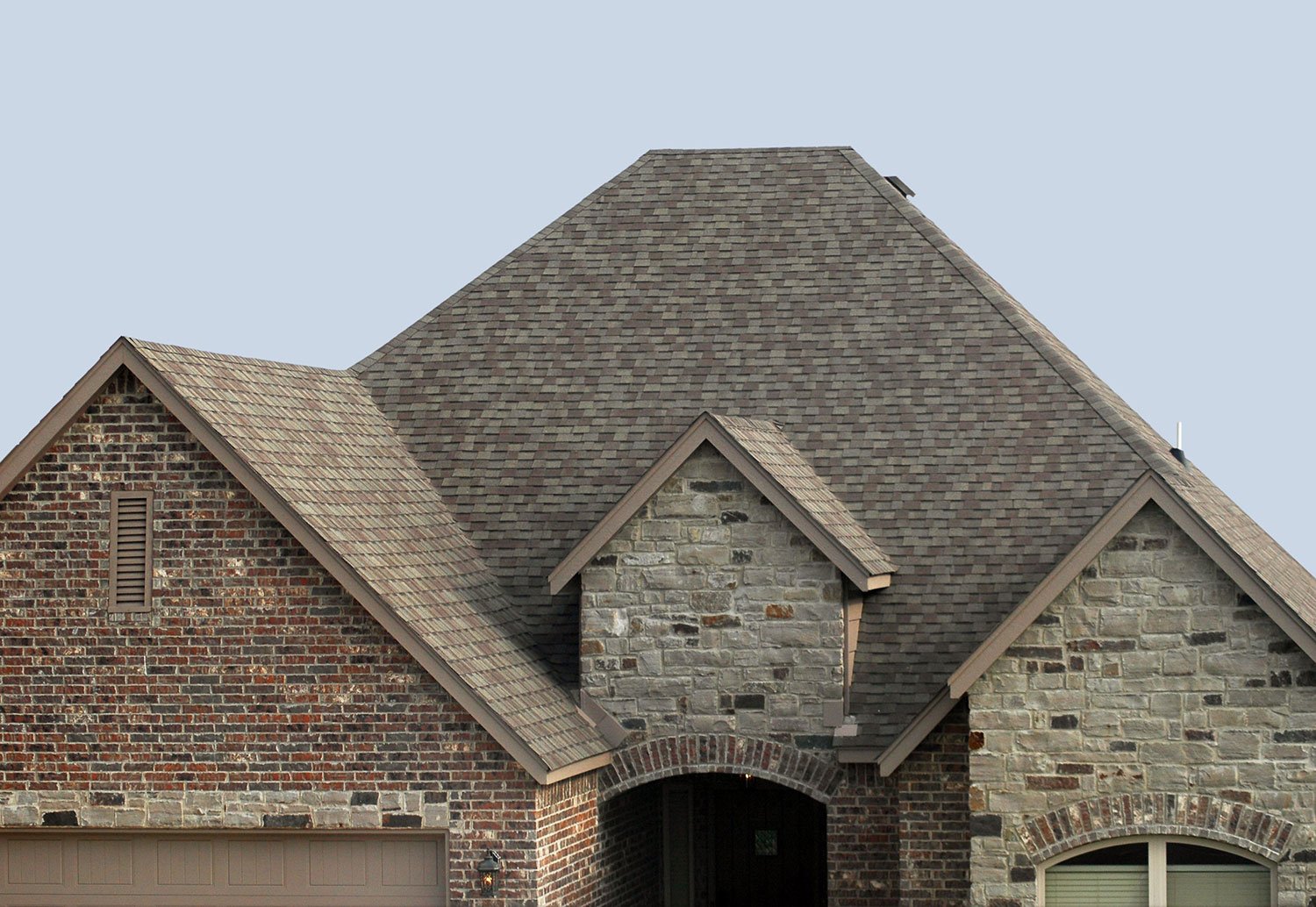A new roof is an investment in your home. A roof replacement can significantly increase the value of your home and help it sell faster. New roofs are available in many different types and materials, with varying degrees of durability and resistance to wind, rain, and snow. Ask multiple contractors for estimates before deciding which one to hire. To find the best way to pay for it, think about your budget, the value of your home, and the loan options available.

A New Roof is An Investment in Your Home
By financing a roof, you may be able to increase your budget and invest more in your home - an investment that will quickly generate returns. A new roof can rapidly increase the value of your home and make it more marketable. Furthermore, on top of those monetary benefits, a new roof also provides other advantages like reducing energy costs and insurance premiums.
Here are some roof financing options for your roof and home improvement project:
Home Equity Loan
A home equity loan is a second mortgage. The borrower uses their home as collateral and pays off the loan over a fixed period of time, usually 15 to 30 years. Interest rates are often lower than credit cards or personal loans.
Home Equity Line of Credit (HELOC)
A HELOC is a home equity loan that works like a credit card. The borrower has a line of credit they can use as needed, up to a certain limit. They make monthly payments, but the minimum payment may only cover the interest due. The full loan must be paid off within a certain period, typically 10 years. Interest rates are variable and may be higher than a home equity loan.
Credit Cards
Credit cards can be used to finance roofing projects, but they often have high-interest rates. If you decide to use a credit card, try to find one with a 0% introductory APR period, and pay it off as soon as possible.
Personal Loan
A personal loan is an unsecured loan that does not require collateral. The borrower pays off the loan over a fixed period of time, usually two to five years. Interest rates are higher than for secured loans, but may be lower than credit card rates.
Home Equity Loans vs Personal Loans
There are some key differences between home equity loans and personal loans that borrowers should be aware of when planning to finance their roof replacement:
- Home equity loans are secured by your home, meaning that if you default on the loan, the lender could foreclose on your home. Personal loans are unsecured, so there's no risk of losing your home if you can't repay the loan.
- Home equity loans usually have lower interest rates than personal loans because they're secured by your home. Personal loan interest rates are based on the borrower's creditworthiness, so they can be higher or lower than home equity loan rates.

A Roof Replacement Can Significantly Increase The Value Of Your Home And Help It Sell Faster
It’s important to remember that when you make home improvements, the value of your home can increase. It’s also important to know that there are tax advantages to making home improvements. For example, if you decide to sell your house in the next few years and replace your roof with a new one before putting it up for sale, this will help increase its value and sell faster. In fact, replacing a roof on time can actually save you money by increasing the attractiveness of your property and helping it sell more quickly.
Homeowners Insurance for Roof Repair
Your roof is one of the most important parts of your home, so it’s important to make sure it’s properly covered by your homeowner's insurance policy. A roof that’s in poor condition can lead to water damage, which is one of the most common and costly claims filed by homeowners. If you plan on financing your roof expenditures, it's necessary to know the credit score requirements for roof loans.
To get a roof loan, you'll need to have good credit. The minimum credit score for a roof loan is 640, but you'll likely get a better interest rate if your credit score is higher. If you don't have good credit, you may still be able to get a roof loan, but you may have to pay a higher interest rate.
Ask Multiple Contractors For Estimates Before Deciding Which One To Hire
Researching contractors is an important part of finding the right one, so start by asking your friends and family for recommendations. If you don't have anyone to turn to, search online for contractors in the area who offer roofing services.
Before you hire any contractor, ask them for estimates on both replacing your roof and repairing it instead. You can compare these estimates to get a sense of what options are most affordable without compromising quality. Additionally, be sure that all contractors include their contact information on their estimate forms so that you can call them if something comes up later on in your project!
There Are Many Options Available To Finance A New Roof
A new roof does not have to be an expensive investment. There are many options available for financing a new roof, as well as loan and finance options. To help you find the right one for you, here are some questions to consider when choosing your financing option:
- What type of loan or finance option do I want? What is the interest rate? How long will it take to pay off this debt?
- Is this loan or finance option going to cause me trouble down the road? Will I be able to pay off my credit card bills if they come due before my house payment is due? Can I afford higher monthly payments on credit cards without having enough money left over each month for other expenses like groceries, gas, and rent/mortgage payments?

Pros of Financing Your Roof Replacement
The main reason to finance roofing costs is that it can help you avoid a bigger, more expensive problem down the road. It can also be easier to budget for roofing costs when you finance them since you can spread out the payments over time and budget for a monthly payment option. You can typically afford something more expensive as most people don't have large amounts of money laying around the house (or on top of the roof), and this can easily pay for itself in increased home value. If you take a loan, the loan terms should specify how to make your loan payments, which can be a good way to stay on track.
A Few Additional Benefits
Another benefit of financing roofing repairs is that you may be able to deduct the interest you pay on your taxes. This can help offset the cost of roofing repairs and make them more affordable. Fixed-rate loans also offer protection from rising interest rates, which can save you money over time.
Cons of Financing Roof Replacement
Of course, there are also some downsides to financing roofing repairs. The most blindingly obvious one is that you will probably end up paying more for your roof replacement or repairs if you finance roofing costs.
Don't go crazy when you get approved for your loan. Keep in mind that roofing costs can vary depending on the roofer you choose, the complexity of the job, the materials used, and other factors. So, if you're not careful, you could end up paying more than you need to.
Roof Replacement Process Overview
If you've decided that roof financing is the way to go, there are a few things you need to do in order to get started.
First, check your credit score and history. This will give you an idea of what interest rates you'll be able to qualify for. You can get free annual credit reports from each of the three major credit reporting bureaus - Equifax, Experian, and TransUnion.
Next, compare interest rates and loan terms from a variety of lenders. Be sure to read the fine print carefully so that you understand all of the fees and charges associated with each loan. Once you've found the roof financing option that's right for you, it's time to apply.
You'll need to provide some basic information, such as your name, address, and Social Security number. You'll also need to supply financial information, such as your income, debts, and assets. The lender will then pull your credit report and score to verify your identity and assess your creditworthiness.
If you're approved for the loan, you'll need to sign a promissory note that outlines the terms of your loan, such as the interest rate, monthly payment amount, and repayment schedule. Once you've signed the promissory note, the lender will send you the money you've borrowed, which you can use to pay for your roof replacement or repairs.
Roof Replacement Costs
On average, roof replacement costs $8,500 - $14,000. However, the cost of roof replacement can vary depending on the type of roof you have, the size of your roof, and the condition of your roof. If your roof is in good condition, you may be able to get away with repair work instead of a full roof replacement.
It's important to compare interest rates and loan terms before you decide on a loan. You don't want to end up with a loan that has a high-interest rate and unfavorable terms. It's also important to make sure you can afford the monthly payments on your loan. If you use your home as collateral and you can't make payments, you could even be forced to sell your home. Be sure to compare interest rates, loan terms, and monthly payments before you decide which financing option is right for you.
Conclusion
Roof financing can be a great way to make the most of your home's value. When you take out a loan to pay for it, you're borrowing money at an interest rate that will likely be lower than what you'd pay if you used traditional financing methods. And when your home sells, the new owner will have a better appreciation for its condition and value because they don't have to spend money on repairs or renovations right away—which means more profit for both parties!
If you're looking for a good trustworthy roofing company, be sure to get in touch with us!

COMMENTS